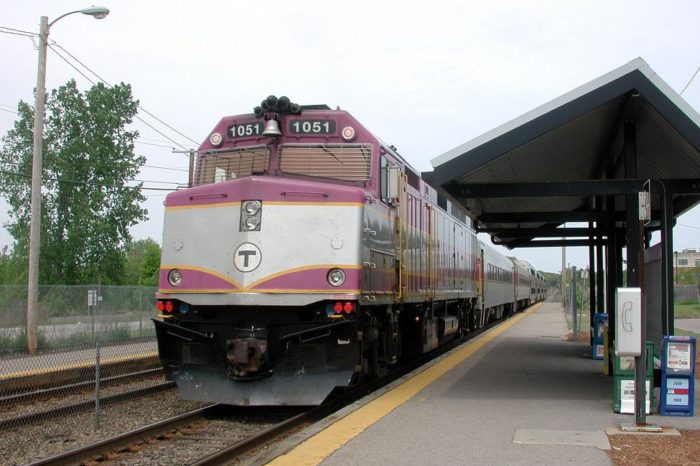Mass Pike rebuild shouldn’t impact Worcester commuters, but it will
This op-ed originally appeared in The Worcester Telegram & Gazette
May 3, 2019
The sleeping giant of MetroWest and Worcester commuters is about to be stirred, thanks to an ill-conceived plan by the Massachusetts Department of Transportation that would severely impact their daily rides to and from Boston.
As part of the plan to straighten the Mass Pike in Allston, the elevated portion of road known as the Boston University viaduct will be demolished and the roadway rebuilt at-grade.
The abutting Soldiers Field Road and the nearby Paul Dudley White Bike Path will also be affected.
The project is estimated to begin sometime after the summer of 2021 and completed in 8-10 years, but we know what can happen to estimates given our not-too-distant experience with the Big Dig.
If you think driving to work is tough now, hold tight to your steering wheel; it’s about to get a whole lot worse. During a large portion of the construction, the Pike will go from four lanes to three, both eastbound and westbound – a disruption that will be nearly impossible to avoid.
You would think the construction would present an opportunity to attract drivers to commuter rail and that there would be more frequent trains to accommodate the many who simply cannot afford to spend that much time in traffic. Doing so would not only decrease congestion, it would have a positive impact on the environment.
Sadly, I learned last week at an Allston Multimodal Task Force meeting that such an obvious, commonsense approach to mitigating the construction disruption is not presently on the table due to the project’s impact on the Charles River and space needed for work zones and equipment.
More Headlines
In fact, the current staging plan does not offset the negative construction impact on MetroWest and Worcester commuters at all. It actually deepens our pain by reducing the Worcester rail line from two tracks to one in the project area for what could be five or more years. That means an inbound train will have to wait for an outbound train to pass and vice versa.
The current plan for the Worcester Line is simply unacceptable. Not only would our commutes be impacted, but our property values would be as well. The success of the new transit-oriented development projects in downtown Framingham could also be compromised.
Transportation visionary Fred Salvucci presented an innovative plan to maintain two-track operation throughout the construction period, recalling how many mitigation projects, namely related to the Big Dig, never happened after the project was finally completed. Why not complete the mitigation to the banks of the Charles River at the beginning of the project and therefore have room for work zones and equipment away from the commuter rail lines? It is this kind of thinking that MassDOT should embrace.
Many voices coming together can make a huge difference; now is the time to be heard.
Mary Z. Connaughton is a Framingham resident and the Director of Government Transparency at Pioneer Institute, a Boston-based think tank.



